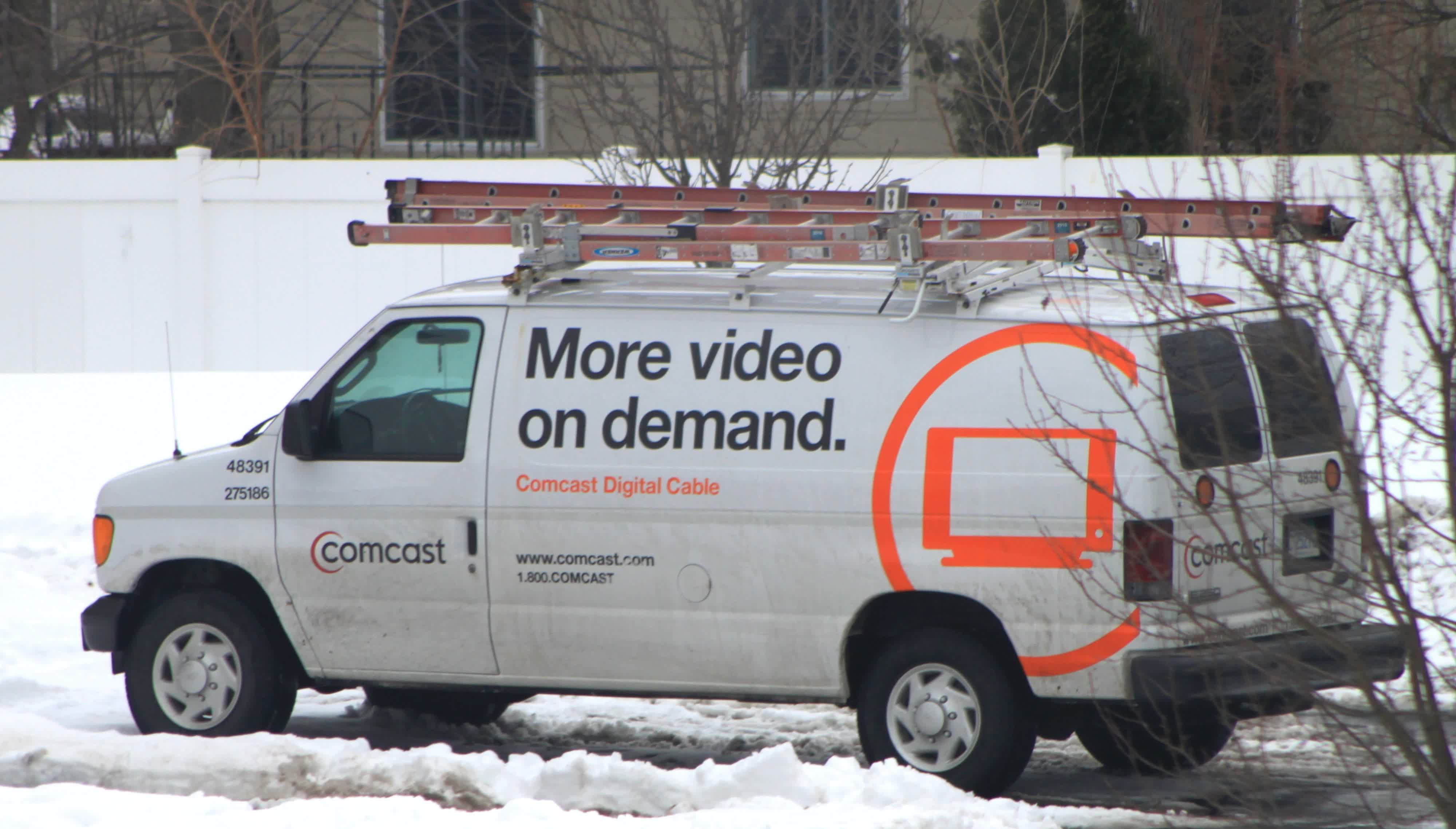A hot potato: A recent Supreme Court decision has cemented a state's authority to regulate internet service providers since the FCC can't. The Supreme Court has denied certiorari in New York Telecommunications v. Attorney General Letitia James. The denial means that New York's hotly contested Affordable Broadband Act stands. More importantly, it sets a precedent for states to regulate broadband providers in the absence of FCC guidance.

On Monday, the US Supreme Court shot down internet service providers' challenge to New York's Affordable Broadband Act (ABA). The contentious law requires ISPs to provide service plans for low-income households. It regulates the monthly rates at $15 for 25Mbps and $20 for 200Mbps for those who qualify.
Lobbyists first challenged the law in 2021, saying that states cannot dictate rates to service providers. A US District judge agreed, effectively blocking the law. However, the Second Circuit US Court of Appeals reversed that ruling in April, upholding the law. The appeals panel said that the FCC stripped itself of regulatory authority when Chair Ajit Pai repealed Title II common carrier provisions for service providers. Therefore, it falls upon the state to make regulatory decisions over the industry within its jurisdiction.

Of course, ISPs hated to hear that, so in August, six trade groups took the matter to the Supreme Court, arguing that the New York law forces service providers to charge "below-market rates" and that other states could follow suit, harming the industry. The petition also noted that the FCC has continually changed its mind regarding whether or not ISPs are common-carrier telecommunications services but has never dictated rates.
The Supreme Court declined to hear the case, which leaves the Second Circuit's decision in place – the law stands. While the SCOTUS did not comment on its denial, it generally only considers cases with an apparent Constitutional conflict. One can assume that the carriers did not present compelling evidence that the law infringed on their constitutional rights or that it conflicts with any existing law.
Additionally, the ABA has exemptions to protect smaller ISPs and caps annual rate increases to two percent. Furthermore, many major carriers in New York already have similar low-income options available. So, the argument that the law hurts the industry falls flat when providers have already been offering plans similar to the ABA's provisions and the industry is in good shape.
Supreme Court quashes Big Telecom's attempt to avoid New York State's low-income price regulation